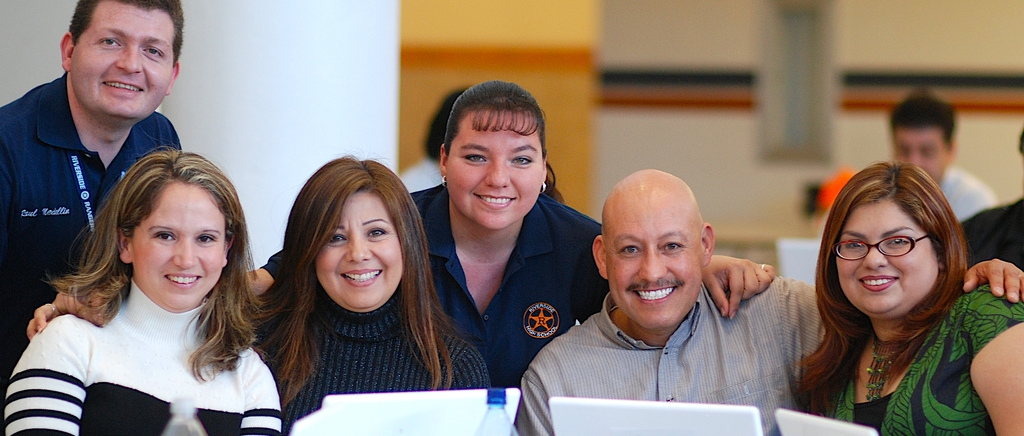2 min read
Personalized PD & Adult Learning: Problem-Centered Learning
Sarah Schnurr : Jan 24, 2017 5:00:00 AM

As a teacher or administrator, you are an expert at learning. You know how to engage students, how to tackle challenges in the classroom, and how to measure and evaluate what has been taught. Your days (and often nights) are spent honing this craft to ensure your students leave your classrooms better informed and prepared than when they arrived. When it comes to your own learning as an adult, you may be surprised to find that strategies that work for your students aren't necessarily what works best for you. Adult learning theory, or andragogy, posits that adults learn very differently and for very different reasons than children do. Understanding these principles can help administrators and organizations build better systems for professional development that work with the natural tendencies of adult learners.
Andragogy
Much of modern understanding about adult learning theory is based on research authored by adult educator Dr. Malcolm Knowles in the 1970s. The principles are as follows:
1. Self-concept: As a person matures his self concept moves from one of being a dependent personality toward one of being a self-directed human being 2. Experience: As a person matures he accumulates a growing reservoir of experience that becomes an increasing resource for learning. 3. Readiness to learn. As a person matures his readiness to learn becomes oriented increasingly to the developmental tasks of his social roles. 4. Orientation to learning. As a person matures his time perspective changes from one of postponed application of knowledge to immediacy of application, and accordingly his orientation toward learning shifts from one of subject-centeredness to one of problem centeredness. 5. Motivation to learn: As a person matures the motivation to learn is internal
These principles informed Knowles ideas around the application of learning for adults:
- Adults need to be involved in the planning and evaluation of their instruction.
- Experience (including mistakes) provides the basis for the learning activities.
- Adults are most interested in learning subjects that have immediate relevance and impact to their job or personal life.
- Adult learning is problem-centered rather than content-oriented.
Break it down: chunking
Incremental learning, or "chunking," is one of the ways that personalized PD supports adult learning. It addresses the fourth principle of andragogy: learning that is problem-centered, instead of subject-centered. Rather than learning everything there is to know about a topic, adults tend to learn only what is necessary to solve a problem.
Chunking learning allows adults to to apply an order of magnitude to the learning process--if you need to patch a hole in your tire, you're probably not going to take on studying auto mechanics. Instead, you're likely to Google the problem, and find the the most immediate solution. Chunking takes advantage of our ability to process information in the short-term to learn bigger and more complex information.
By breaking information down into smaller, related parts, we are able to scaffold knowledge quicker and more efficiently. Chunking is recommended as a study technique, and also informs many productivity and exercise methods. Rather than spending an entire day tackling a goal, experts recommend breaking it down into manageable blocks that can be accomplished in measurable minute- or hour-long time periods. This method is an organic solution to the fast pace of our modern society, when our days are often a revolving door of responsibilities and tackling to-dos.
Blended, personalized learning is a big shift from traditional PD, which is often a "one and done" exercise, like a day-long inservice on a specific teaching strategy. Blended learning embraces PD as a marathon, not a sprint by:
- Breaking down learning objectives.
- Enabling educators to tackle what's most relevant to their teaching practice, and to accomplish goals over a longer period of time.
- Being accessible to the learner at any time, whether they want to engage with the material for twenty minutes or two hours, day or night.
If you're interested in applying chunking in other areas of your life, check out the The Pomodoro Technique or "Where do the hours go?" from the APA.
Alludo's online training opportunities are an example of how you can take personalized PD and serve up bite size learning. Check out our free trial online to learn more.
Image attribution
Site: flickr.com [Image 1]
Earn Continuing Education Units with Alludo & Fresno Pacific University
Earn Continuing Education Units from Fresno Pacific University!


